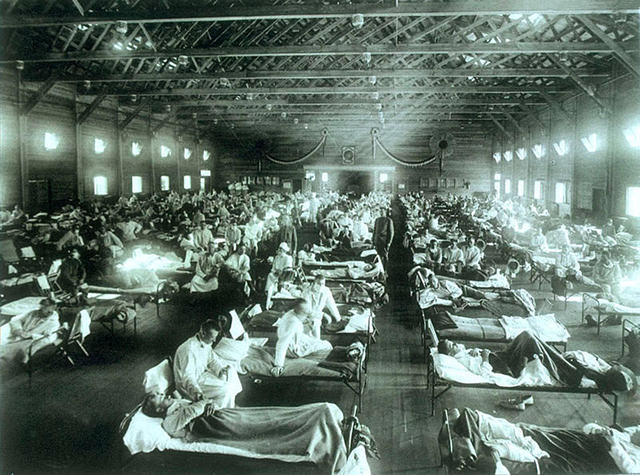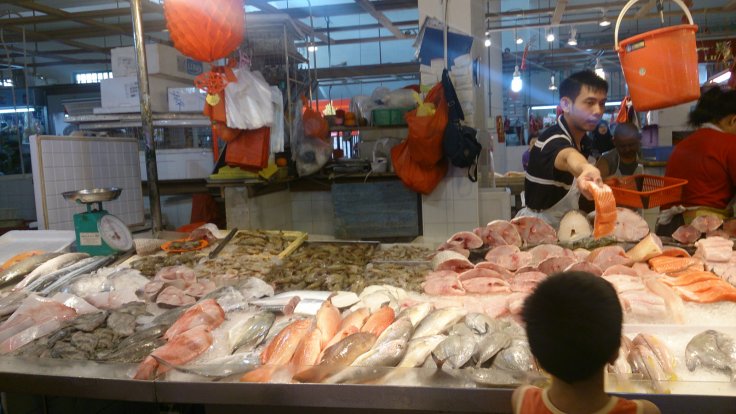The coronavirus virus that spread from the Haunan wet market in Wuhan is causing panic all across the globe as the death toll rises to 17. Similar to the SARS virus on a molecular level, the coronavirus has forced China to shut down Wuhan city as it tries to contain the infection.
The WHO has sounded a global emergency as it did during the swine flu, Zika virus and Ebola. The Huanan Seafood Market in the city of Wuhan, where the sale of animal meat is unregulated, is considered the 'ground zero' of the epidemic. Poultry, pork, cattle, fox, koala and dog were among the few animals whose raw meet could be acquired at the market.
The city is well-connected to other cities of through trains and waterways –– allowing the deadly virus to spread. Bats, marmots, and even snakes could be found in the wet market for consumption.
Comparison with Spanish Flu

With fears over the epidemic worsening, experts warned that fatalities would also rise. Professor Neil Ferguson of Imperial College London said two in every 100 infected could die, which makes the epidemic comparable to Spanish flu. "Two per cent case fatality rate is comparable to the Spanish flu pandemic in 1918, so it is a significant concern globally," he told The Sun.
The virus has the same death rate as the Influenza if left unchecked. Both viruses move from animals to humans and cause respiratory failure, and share the common distinction of being birthed at wet markets. The Influenza virus claimed 50 million lives in the last century.
Symptoms, treatment
The symptoms for the virus are fever, fatigue, sore throat and dry cough in the early stages, making it that much harder to pinpoint. With progression, respiratory problems start to arise. Wuhan virus belongs to the same family as SARS and Mers (Middle East respiratory syndrome coronavirus), viruses that originate in animals but later latch onto humans.

Controlling the spread
Chinese Premier Li Keqiang asked of the government concrete steps in controlling the spread of the virus. By January 22, 17 people were confirmed dead in the Wuhan area, with evidence pointing to human-to-human transmission. Tests later revealed that nearly 600 cases were confirmed with the coronavirus reaching Thailand, South Korea, Japan, Taiwan, Macau, Hong Kong and the United States. International health authorities raised concerns over people travelling to China during the holiday seasons as it was during that exact time that the virus started to spread.
From Thursday, all flights and passenger train services out of Wuhan have been stopped as a means of containing and dealing with the virus. Those living in Wuhan have already been told to avoid crowds and minimize public gatherings
Meat markets crisis
The Wuhan virus is similar to SARS as both were born in wet markets and spread through human contact. The Huanan market was shut down on January 1 to stop the spread of the disease. The look of these wet markets is a nauseating one with the stalls squeezed together to form narrow lanes where people shop for fresh meat products.
With only a single butcher at the shop, selling more than a hundred chickens leaves the hygiene of the place much to be desired. Dogs watch hungrily at the dead meat on display as vendors display skinned rabbits and seafood stalls showing sparkling fishes and shrimps..









